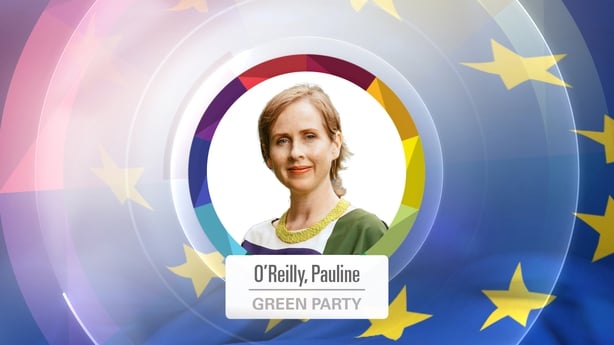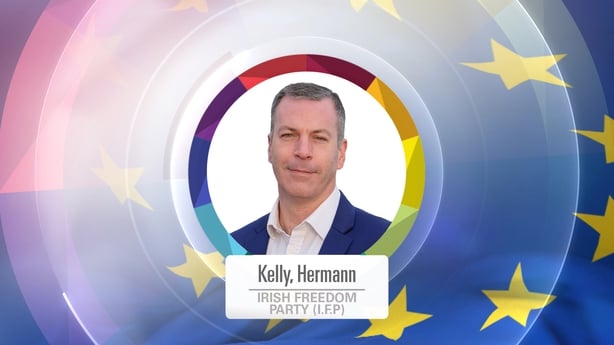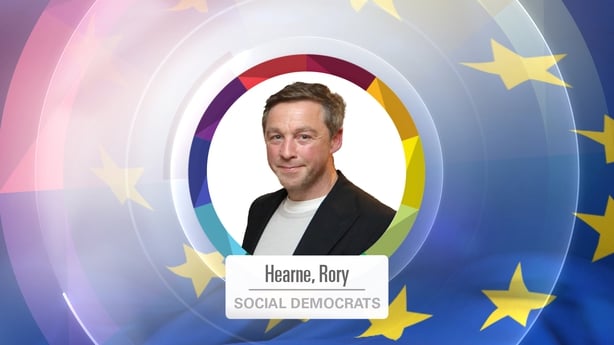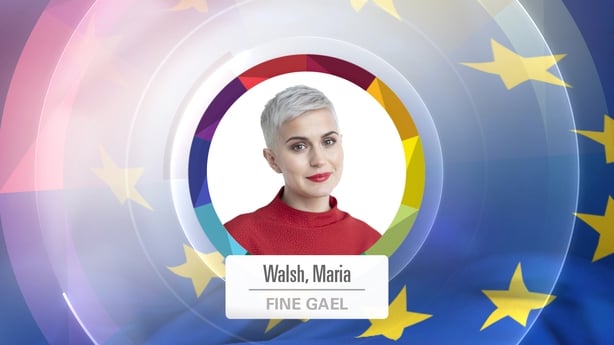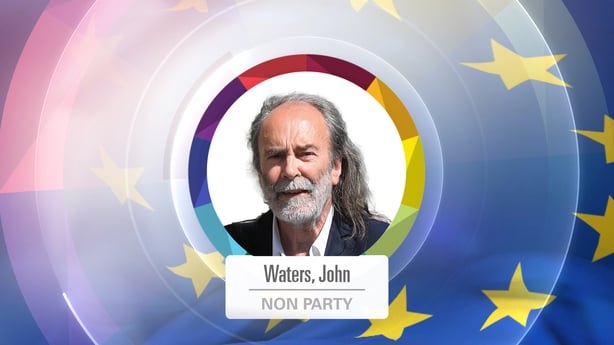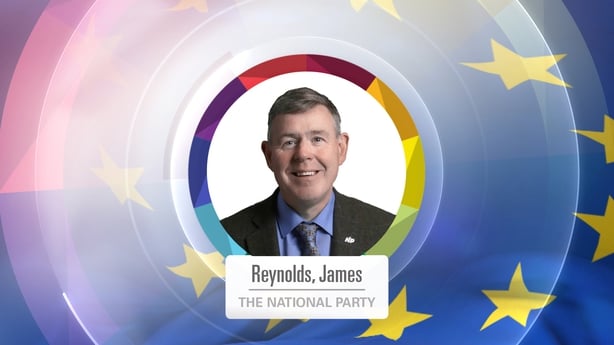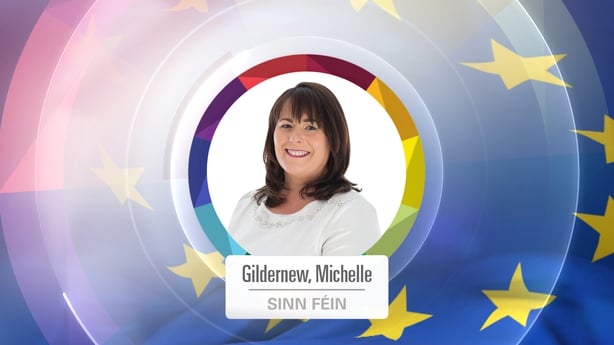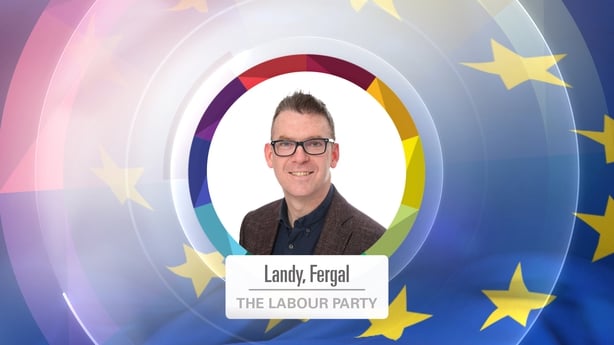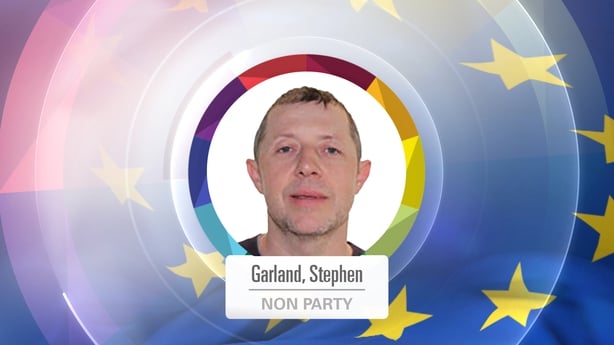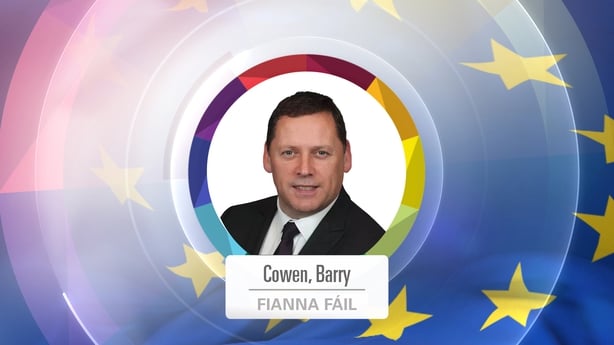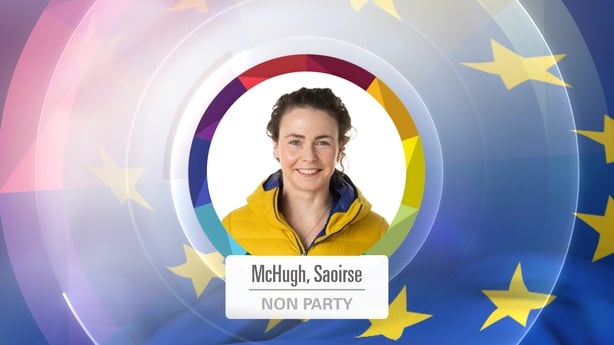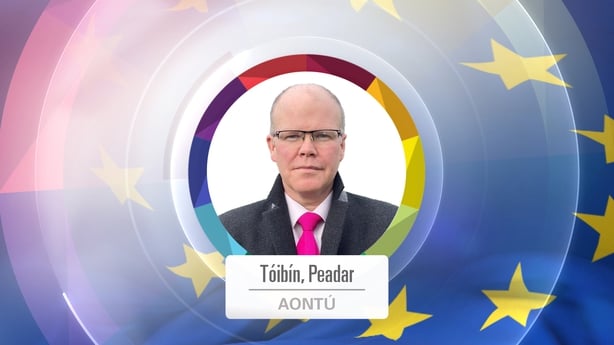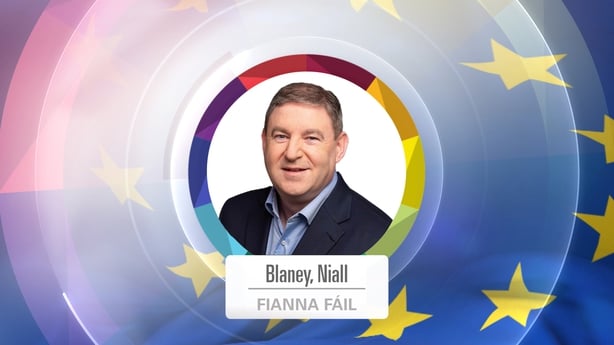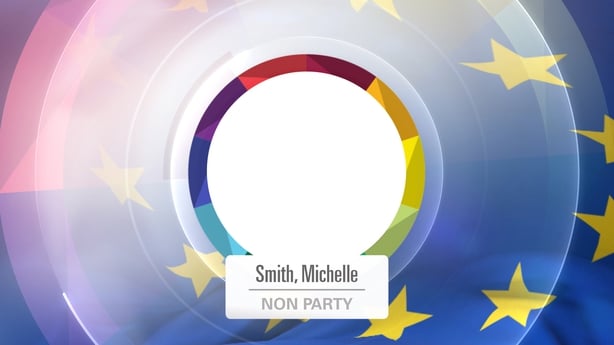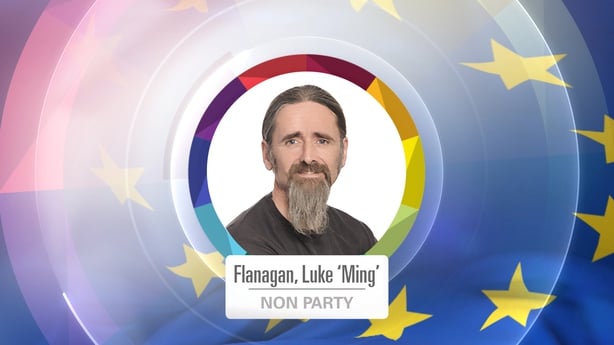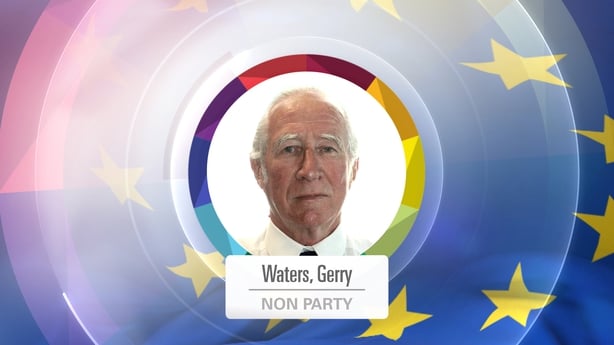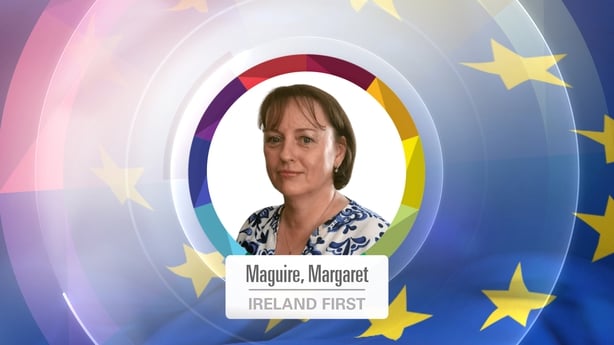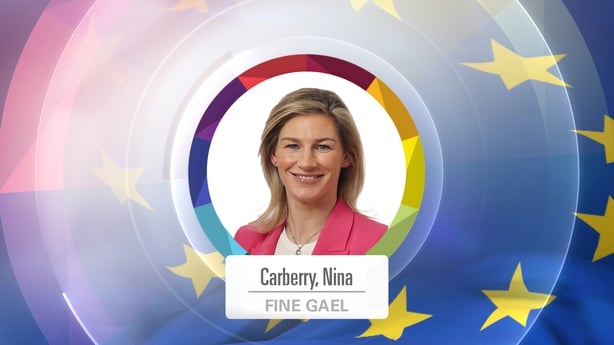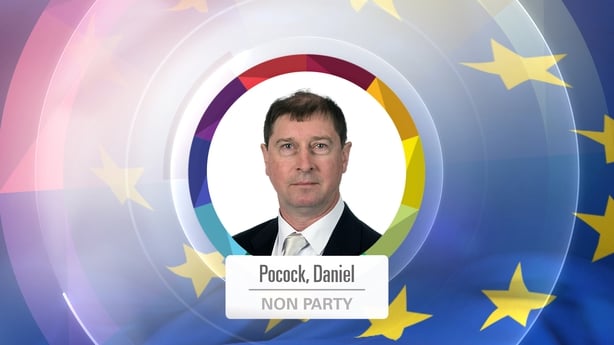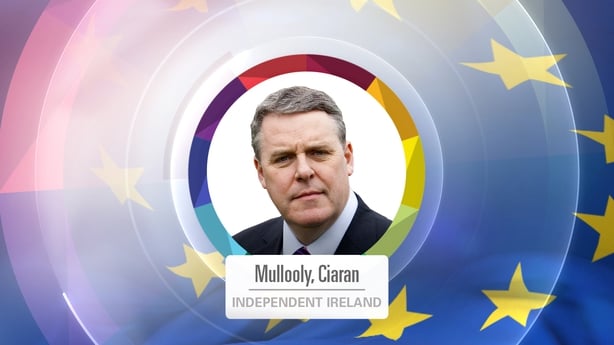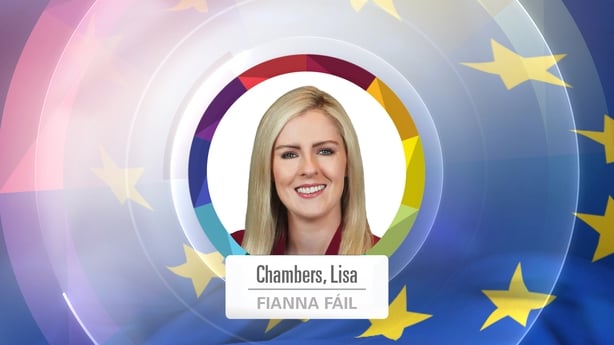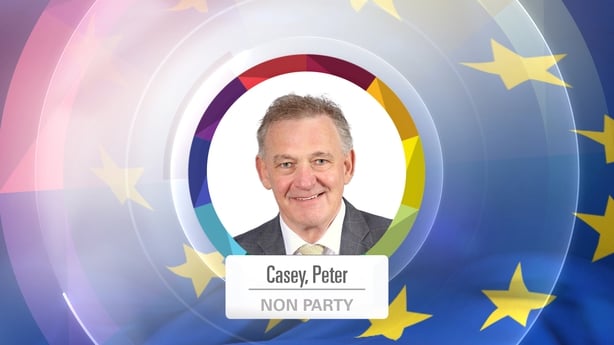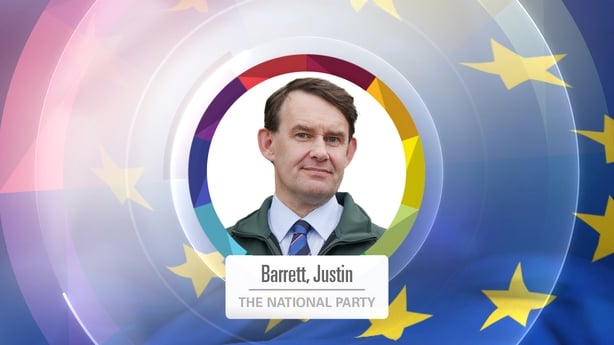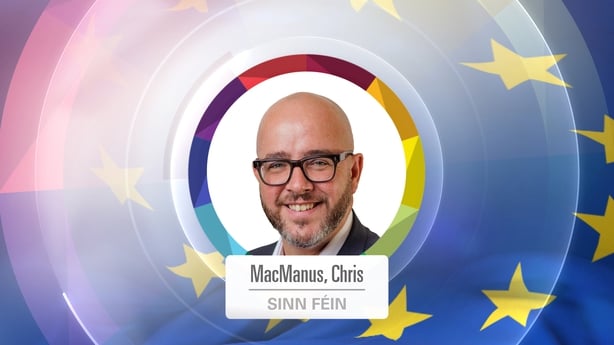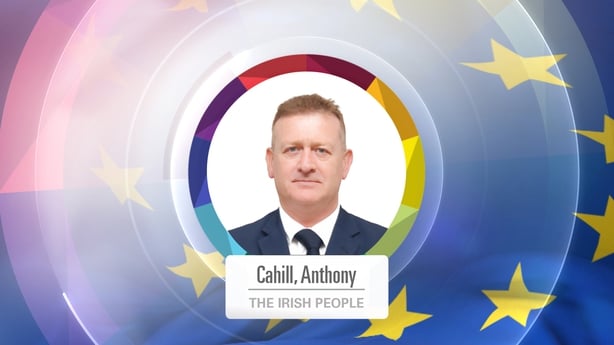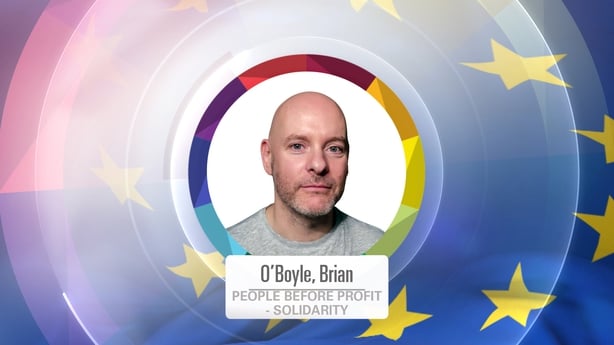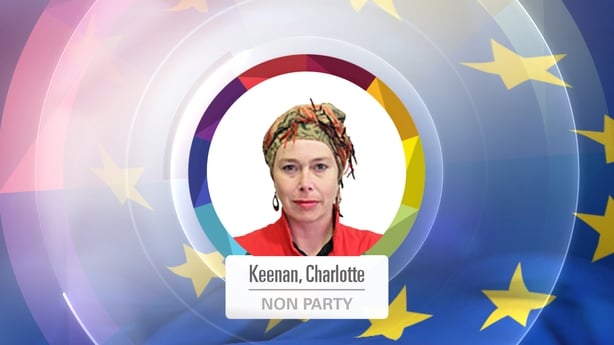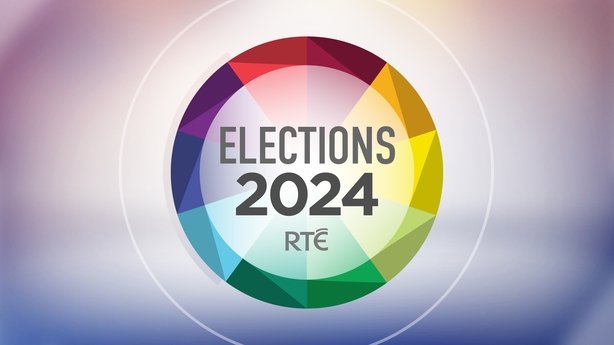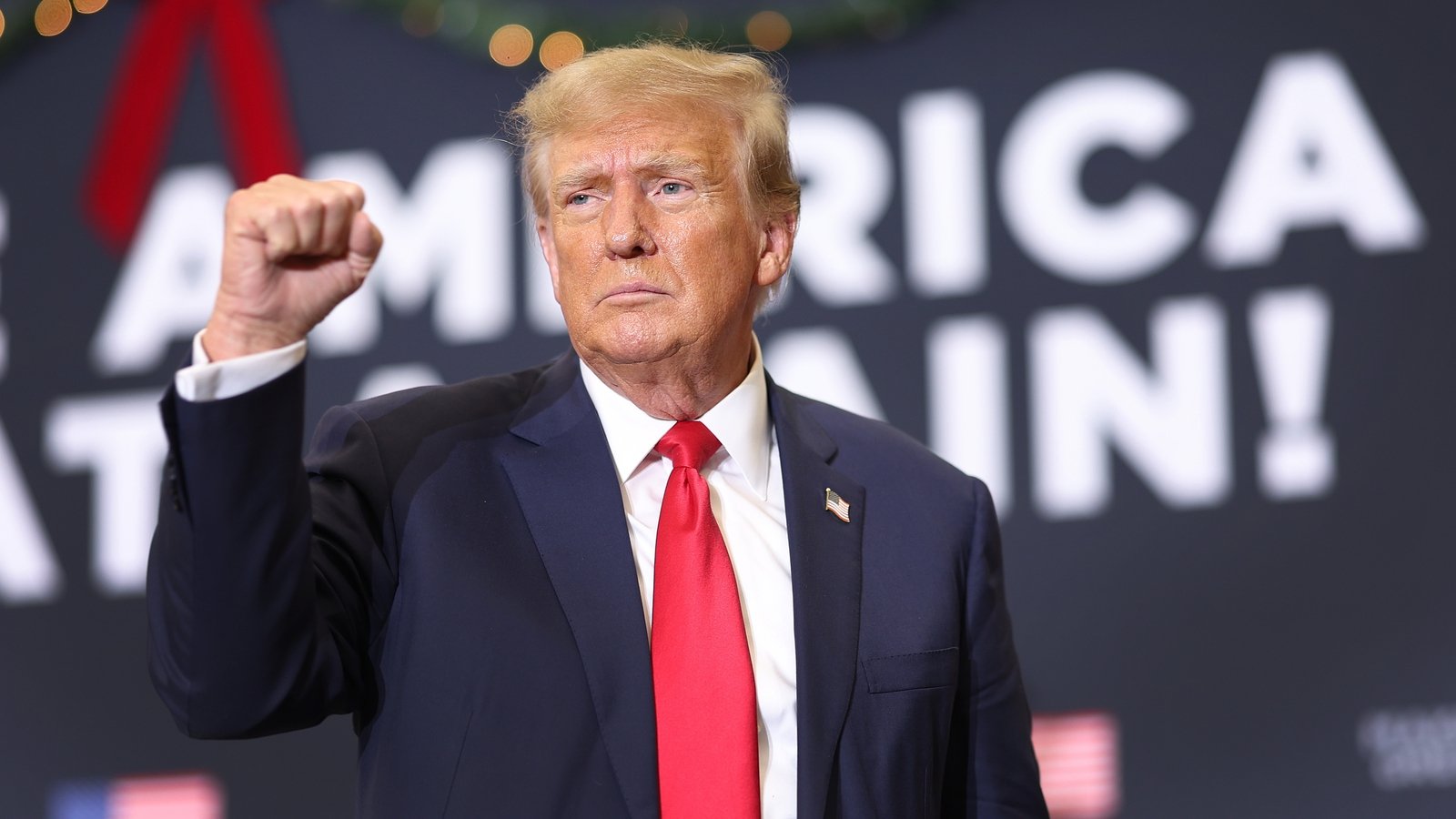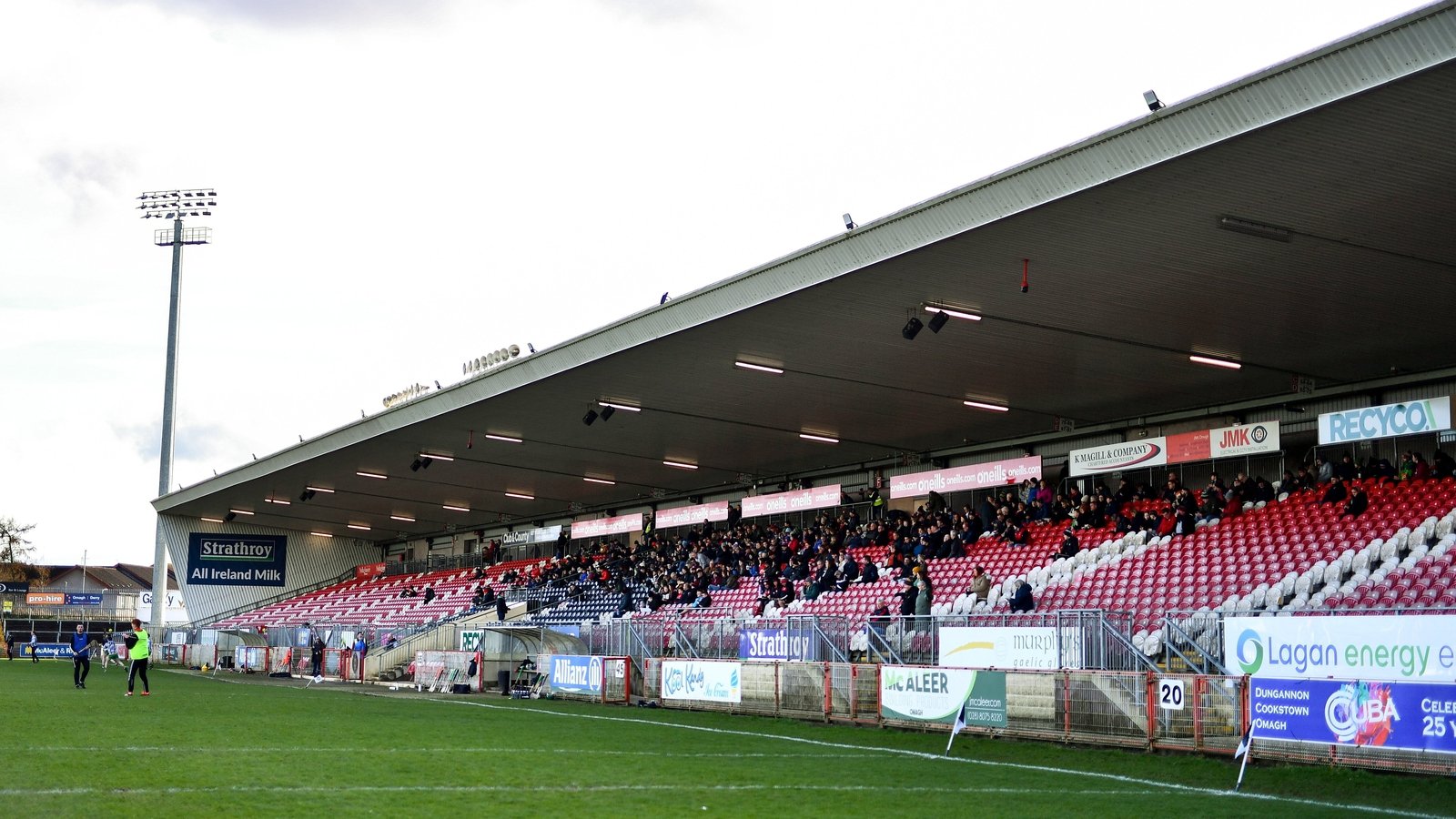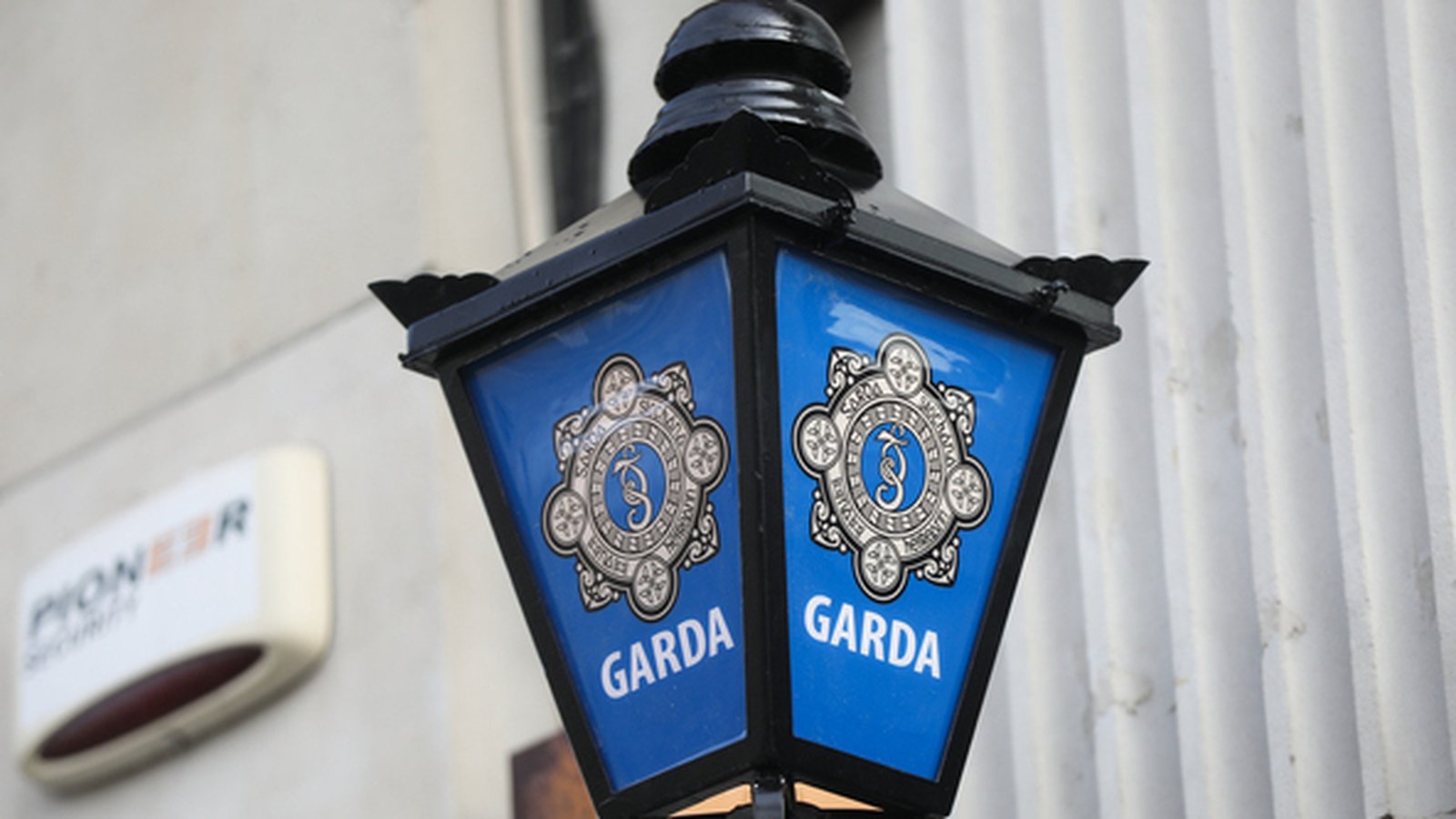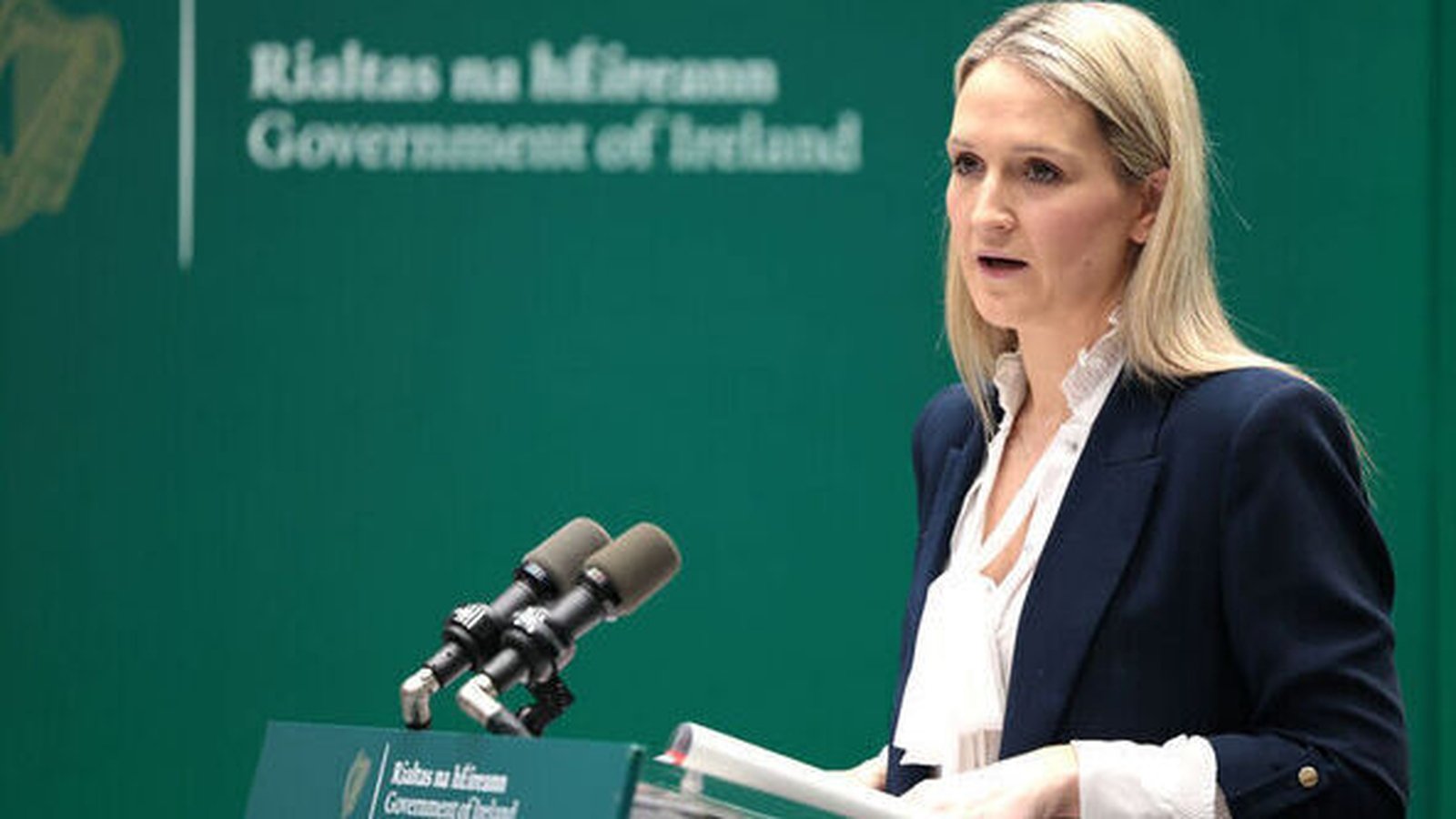European Elections 2024: Midlands–North-West constituency
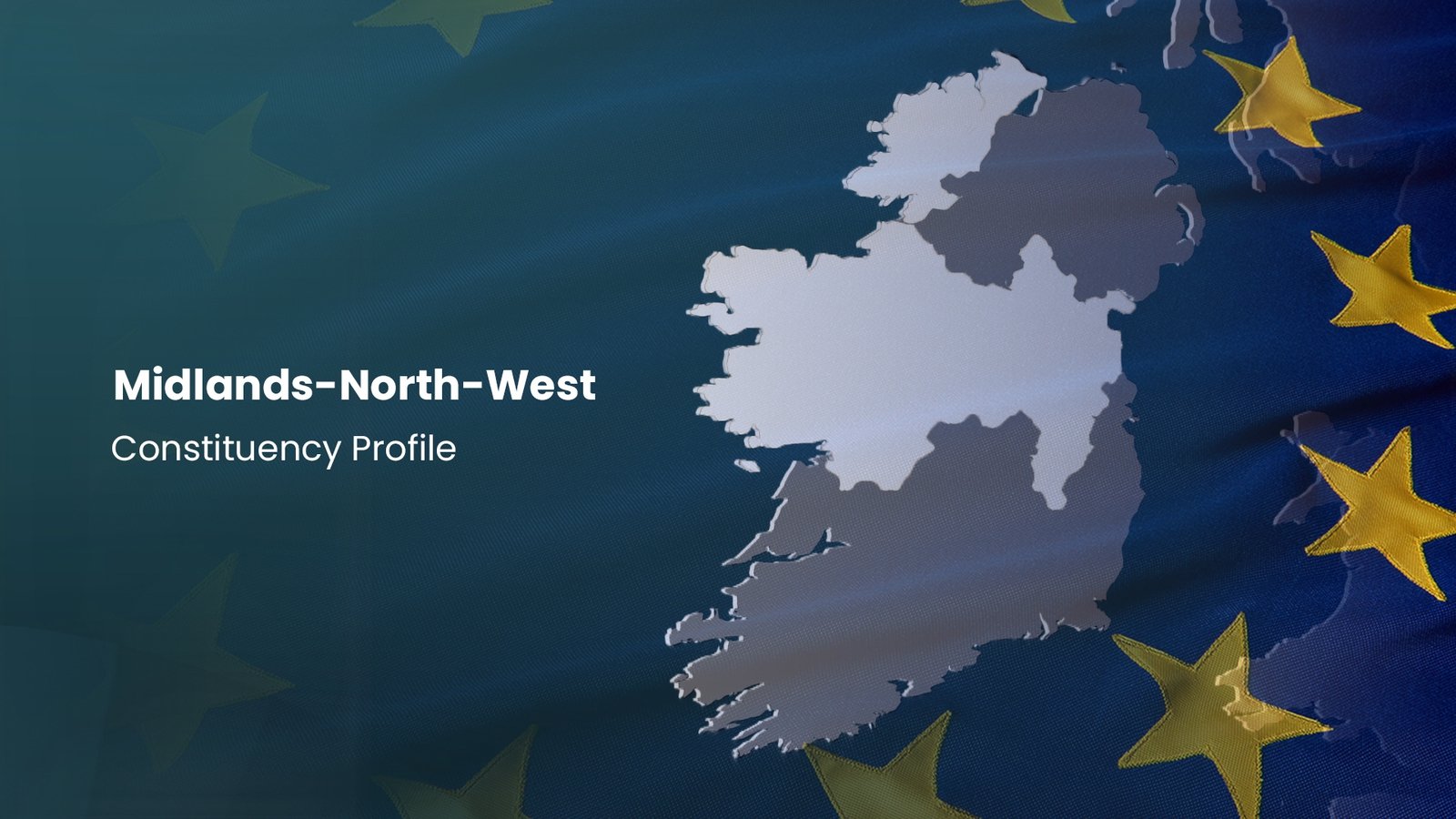
From Malin Head to the M50 and from Clifden to the Cooley Peninsula, the Midlands North-West Constituency is as vast geographically as it is diverse in the range of concerns facing its voters.
Candidates
27 candidates in total: Justin Barrett (National Party); Niall Blaney (Fianna Fáil); Anthony Cahill (The Irish People); Nina Carberry (Fine Gael); Peter Casey (Independent); Lisa Chambers (Fianna Fáil); Barry Cowen (Fianna Fáil); Luke ‘Ming’ Flanagan (Independent); Stephen Garland (Independent); Michelle Gildernew (Sinn Féin); Rory Hearne (Social Democrats); Charlotte Keenan (Independent); Hermann Kelly (Irish Freedom Party); Fergal Landy (Labour); Chris MacManus (Sinn Féin); Margaret Maguire (Ireland First); Saoirse McHugh (Independent); Ciaran Mullooly (Independent Ireland); Brian O’Boyle (PBP-SOL); Pauline O’Reilly (Green Party); Daniel Pocock (Independent); James Reynolds (National Party); Michelle Smith (Independent); Peadar Tóibín (Aontú); Maria Walsh (Fine Gael); Gerry Waters (Independent); John Waters (Independent).
Seats
This is a five-seater constituency.
Lie of the land
The constituency takes in 15 counties across three provinces with a population – according to the 2022 census – of 1.8 million people. National concerns around housing and migration are mixed with more local issues like the mica redress scheme. But agriculture – reform of CAP and the Nature Restoration Law – have been to the forefront of the debate in this constituency.
Its sheer size makes it something of a canvasser’s nightmare. But luckily for the 27 candidates and their teams, there has been no shortage of GAA fixtures, race meetings, marts and other events enabling them to hit big crowds to press the flesh.
Boundary changes meant that the constituency is taking Laois and Offaly from the Ireland South constituency. This makes it a five-seater and threw open new possibilities and internal party rivalries, adding to the intrigue of an already hotly contested race.
Analysis
The big story here in the last European elections was that Fine Gael took two seats – bucking the trend of what was at the time, a lackluster outing for Leo Varadkar in his first electoral test as Fine Gael leader.
A huge vote for the now Commissioner, Mairead McGuinness, who topped the poll with 134,000 first preferences – and a successful transfer strategy – meant its second candidate, Maria Walsh, got over the line.
Back then, the former Rose of Tralee was very much the celebrity candidate. Five years on, she is no longer the newbie but the established politician.
Earlier in the campaign she created a stir when she criticised the “male, pale and stale” ticket of Fianna Fail. But it turned out to be a case of “careful what you wish for” when she was given a celebrity running mate in the former jockey and reality television personality, Nina Carberry.
While the two candidates have run a good strategy, splitting the constituency between east and west, the poll numbers and increased electoral volatility since the last outing makes it highly unlikely both women will take a seat.
The big winner from the boundary changes was Barry Cowen who was straight out of the traps announcing his intention to contest a seat. At a count in the Mullingar House Hotel he beat the two other candidates to win the nomination from the party membership.
Party headquarters then added added their preferred candidate, Lisa Chambers, as well as Niall Blaney, who was the second preference choice amongst the membership, to the ticket.
This has resulted in a three-candidate strategy by accident, more so than by design.
It’s a clumsy approach that runs the risk of splitting the vote. Strict transfer discipline would reduce that risk. But apart from naming their running mates on leaflets, none of the three are cheerleading their party colleagues. Nor has there been a decision to carve up the constituency (apart from staying out of each other’s home counties).
This has left Cowen free to roam to length and breadth of the constituency. With name recognition and geography in his favour, he is tipped to take a seat.
That is unless a split vote and badly managed strategy results in a continuation of Fianna Fail’s dry spell here, where it has not held a seat in ten years.
Brexit has left the North out of the EU and without any representation at the European Parliament. But Sinn Féin has opted to run its MP for Fermanagh South Tyrone, Michelle Gildernew, who said “the North’s future must be within the European Union as part of a United Ireland”.
She will run alongside sitting MEP, Chris McManus, who was co-opted to the European Parliament to take the place of Matt Carthy who was elected to the Dail.
The party is running a disciplined strategy with McManus, from Sligo, canvassing the western half and Gildernew taking the eastern half including Cavan, Monaghan and Louth. Sinn Féin is also including their names on the backs of all local election candidate’s leaflets.
While neither has a huge name recognition in this vast constituency, brand recognition will ensure at least one of them takes a seat.
In a campaign where issues facing farmers are to the fore, Gildernew, who once held the Agriculture portfolio in the North, may have the edge. But with a well organised campaign on the ground and a disciplined vote strategy, the party could be in contention for a second seat – if its having a good day.
Eating into Sinn Fein’s first preference vote will be the Aontu leader (and former Sinn Féin TD) Peadar Tóibín. This election comes at a good time for him, having been on the right side of the referendum campaigns and building his profile through persistent questioning on the issue of migration. Winning a seat might be a stretch, but Tóibín is not to be underestimated.
The Independents will be the big story of these elections. In this constituency, Luke Ming Flanagan, an MEP since 2014, will be the one to beat.
He got the second largest first preference vote last time and has been active on issue of Mica effected homes, as well as claiming to be an antagonistic voice for farmers in Europe through his place on the Agriculture Committee.
Flanagan was once a co-campaigner with Michael Fitzmaurice, who is the leader of Independent Ireland, which has chosen the former RTÉ regional correspondent Ciaran Mullooly as his candidate.
As well as a journalist, he has been active in many community groups. He has a big profile in parts of the constituency and, while he has made as much of a play on immigration as his wider party suggests, he is in tune with the current zeitgeist which favours independent voices.
Elsewhere, the Green Party Senator, Pauline O’Reilly, will contest a seat but she will be fishing in the same pond as Independent Saoirse McHugh, meaning whatever green vote is there will be split. Academic and housing campaigner, Rory Hearne, is likely to poll well for the Social Democrats and prove effective in debates. But his profile in Dublin is unlikely to be matched in other more rural areas in the west and midlands, meaning winning a seat would be a tall order.
Prediction
Barry Cowen (Fianna Fail)
Nina Carberry (Fine Gael)
Michelle Gildernew (Sinn Fein)
Ming Flanagan (Ind)
Ciaran Mullolley (Independent Ireland)
